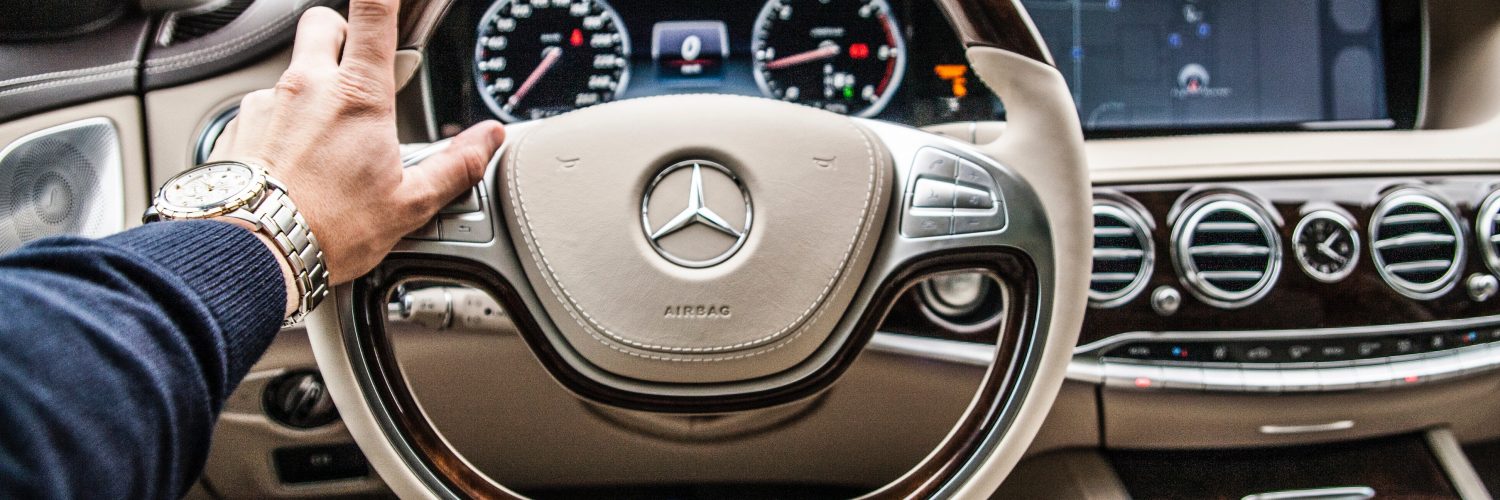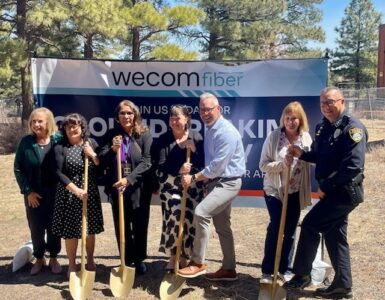A recent on-impact pedestrian fatality sparked a halt of Uber’s autonomous auto testing in a number of markets, and put the overall self-driving landscape under the microscope.
Now, tech companies are shifting their focus to a certain kind of technology that helps autonomous cars see better and detect their surroundings with more accuracy. One of those companies, Tucson-based University of Arizona spinoff Lunewave, is seeing a growing interest from investors who want to see autonomous cars get back on the road safely and with the support of the public.
The company, which develops sensors for autonomous cars as well as robotics, drones and 5G wireless networks, is producing an all-weather, high-performance radar antenna at low cost, putting most of its aim on self-driving cars. And a $5 million seed funding investment helps it out a bit too.
“In 2017, the University of Arizona licensed two technologies to [Hao] Xin’s startup, Lunewave. The aim of the new company is to leverage the inexpensive, high-performing 3-D printed Luneburg lenses that Xin and his team developed, and bring them to the automotive industry,” said Tech Launch Arizona in a statement, in regards to the invention from Xin of the university’s department of electrical and computer engineering.
One of the main issues with sensor failure in autonomous cars is that they can’t distinguish very well between different weather conditions or times of day. Here in Arizona it’s an attractive place to test out self-driving tech with plenty of sunshine and clear skies for most of the year. The next step for sensors, and what Lunewave is working on perfecting, is being able to perform the same across any weather condition. The technology the company boasts can detect more objects in a wider field of view and at greater distances than products already on the market.
The antenna is essentially a giant golf ball with a 360-degree field of view that detects things more aptly than current antenna tech out there that has distance constraints on laser technologies.
The startup launched in January of 2017 and set up camp in Tucson, but also flexed out to Silicon Valley and Boston, another city gaining steam as a self-driving car testing haven. Arizona, meanwhile, may in fact be the most attractive place to test out this technology and also develop it from the ground up.
Self-driving semi-truck company TuSimple inc. has expanded its fleet and brought more than 500 jobs to southern Arizona. Meanwhile, Lucid Motors Inc., which is focusing on developing electric cars, is set to build out a manufacturing facility in Casa Grande after its $1 billion push from Saudi Arabian investors.
















Add comment